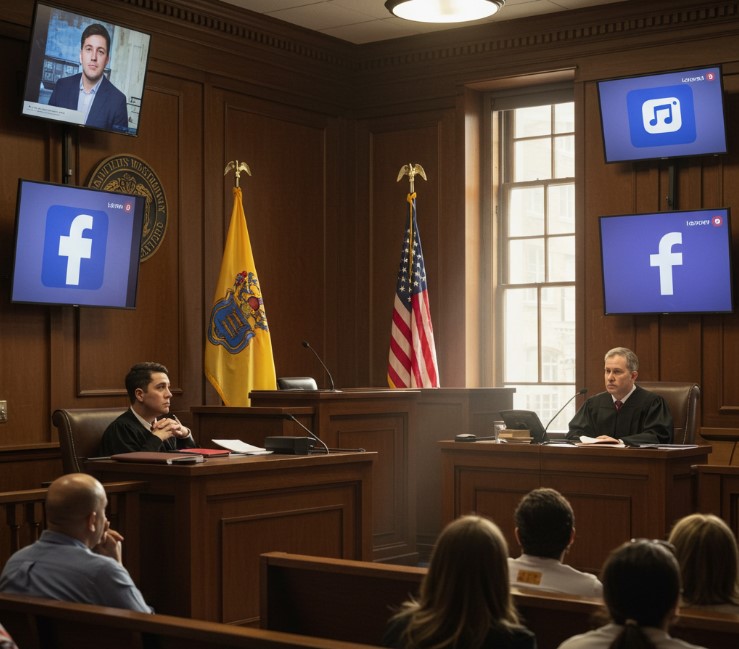Lawful or not, it is happening, but New Jersey has joined New Hampshire’s efforts to preclude taxation upon employees working remotely from another state. With millions of employees working from home because of COVID, what are the tax consequences when the employee lives in a different state than his employer?
New Hampshire has sued neighboring Massachusetts and is seeking the original jurisdiction of the U.S. Supreme Court to resolve the dispute 1. New Hampshire does not have a personal earned income tax. Massachusetts taxes the income of employees working in the state, resident or not. But Massachusetts is now taxing non-resident income for services performed in neighboring New Hampshire. New Hampshire contends such taxation is unconstitutional.
On December 22, 2020 New Jersey joined the fight by filing an Amicus brief in support of New Hampshire. New Jersey is facing a similar situation with New York taxing employees working from home in New Jersey. New Jersey residents working in New York are subject to double taxation from both New York (having authority to tax people working in its borders) and New Jersey (having authority to tax its residents). However, New Jersey provides its residents working in New York with a credit for taxes paid to other states. With New York taxing remote workers in New Jersey, this credit will skyrocket and drain the fiscal resources of New Jersey.
New Hampshire and New Jersey assert that the Supreme Court has jurisdiction to hear the case directly as a dispute between states under Article III, section 2 of the Constitution and the Judiciary Act of 1789. In further support of original jurisdiction, the states argue that such jurisdiction is mandatory under 28 U.S.C. §1251(a), that there is no other forum to resolve the dispute, and that the case is of great national importance.
Massachusetts opposes the original jurisdiction of the Supreme Court, claiming the case lacks sufficient seriousness and dignity and that it is a run of the mill cross-border dispute. Rather, Massachusetts suggests that an aggrieved taxpayer should seek appropriate administrative and judicial remedies. This lackluster opposition to original jurisdiction does not directly address the jurisdictional argument made by New Hampshire and supported by New Jersey. Massachusetts also argues against original jurisdiction by attacking the merits of New Hampshire’s claims. Although New Hampshire’s reply brief refutes this attack on the merits, it fails to argue that the merits of the case are irrelevant to the jurisdictional determination.
Massachusetts also argues that New Hampshire does not have standing to bring the case because it is not directly harmed. Here, Massachusetts has a better point. New Hampshire claims that Massachusetts’ actions harm the fabric of New Hampshire’s communities and harms its ability to recruit individuals to work for its state government. Such claims of harm may be too tenuous to establish standing. It appears that New Hampshire recognized its standing problem because it specifically plead these arguments concerning harm.
New Jersey to the (standing) Rescue. No such standing obstacle applies to New Jersey and the other states that provide a credit for taxes paid to other states. New Jersey is clearly and directly harmed because it is essentially paying New York taxes for its own residents to work in New Jersey.
While not at issue in the case, the result should also control the ability of out-of-state municipalities (NYC and Philly) to tax employees working remotely from New Jersey.
What to do?
Keep records of each day worked from New Jersey rather than at your New York employer.
Keep all paystubs and track the state and local taxes.
Contact your HR department and request your workplace be re-assigned for tax purposes.
1 New Hampshire v. Massachusetts, U.S. Supreme Court Docket No. 22O154, filed October 19, 2020.
Alan L. Poliner has over 20 years of experience litigating cases in a variety of subject areas, including title litigation, real estate litigation, commercial litigation, and franchise litigation. Mr. Poliner also counsels clients on riparian property rights, franchising and business law in New Jersey.













